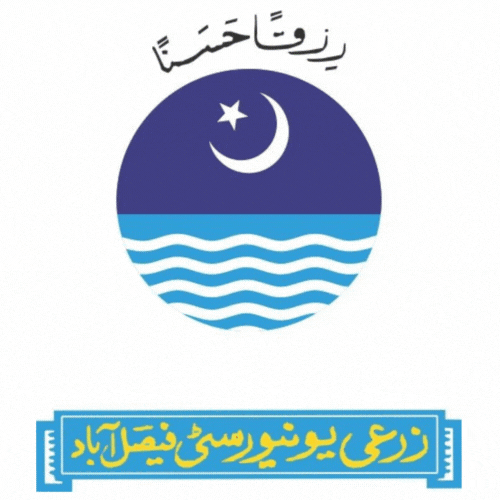
The dairy diseases scenario is changing with the import of exotic animals and other challenges. The situation demands tangible research work and measures to cope with outbreak of new diseases.
The dairy diseases scenario is changing with the import of exotic animals and other challenges. The situation demands tangible research work and measures to cope with outbreak of new diseases. It was echoed at the inaugural session of two-day international conference titled dairy animal health challenges arranged by Faculty of Veterinary Sciences, University of Agriculture Faisalabad at New Senate Hall. Chairing the session, UAF Vice Chancellor Dr Muhammad Iqbal Zafar said that agriculture remains the largest employer of workforce and a source of livelihood for the masses. He said the sector was contributing 20 percent to the Gross Domestic Product out of which livestock is the main player with 50 percent contribution. Expressing his concerns on the growing animal disease burden, he said that we need to arrest the trend by taking tangible measure control the diseases. He said UAF experts have introduced various technologies like Mastitis Diagnostic Kit and Mastitis Vaccine, Camphorated oil; a lifesaving drug for animals, Targeted selective treatment for control of drug resistant/susceptible Haemonchus contortus, Phytotherapy: An Easy and Economic way to cure the Gastro-Intestinal Parasites in Sheep to combat the disease in an effective manner that needs to be reached to the common livestock farmer across the country. He described the rural population a neglected and oppressed by the pressures posed by growing population which is swelling at the rate of 2.1 percent growth rate. He cautioned that the population would touch 240 million in the next decade if we do not take precautionary measures timely. Giving example of cattle of the advanced countries, he said that our animals are far away in terms of milk production due to disease burden and malnutrition. He said that in an environment of shrinking farm income and other disparities, our rural population is under severe stress to ensure the food security for the growing population. FAO consultant Dr. M. Afzal while highlighted efforts regarding foot & mouth diseases in the country, said that out of 80 million cattle and buffalos, only 5 percent animals are being vaccinated so efforts to be made to enhance the coverage. He said besides cost and quantity of the vaccine, quality is the major issue that needs to be addressed. He said that even after vaccination, frequent outbreaks of FMD were reported which, he cautioned, a challenge for the experts. He said that in endemic setting, regular antigenic and genetic characterization of circulating viruses and their vaccine matching studies can help to develop country specific FMD vaccine. Dr. Ahrar Ahmad Khan Dean Faculty of Veterinary Sciences said that the dairy industry is a fast growing field in the recent times with tremendous increase in the large scale mechanized dairy farming in the country. He said that the country is blessed with black gold dairy animal in the form of Nili-Ravi buffalo and high producing and disease resistant Sahiwal cattle, but, he said that the ever increasing import of exotic dairy animals, the disease scenario in the country is changing. He hoped that holding of Int. Conference on dairy animal health challenges, the experts would be able to interact and share their thoughts to understand how the disease challenges ware being addressed elsewhere. Chairman and organizer of the conference, Prof. Dr. M. Tariq Javed highlighted objectives of the conference and said that the conference would enable the participants for collaborative research and strengthening professional interactions to meet the emerging animal health challenges. Dr. Imran Arshad, Prof. Dr. Zhou Qihu, Prof. Dr. Aneela Zameer Durrani, Miss Zuo Hengfen, Dr. Kashif Saleemi, Dr. Naseem Ahmad, Dr. Jianbao Dong and others also spoke on the occasion.

